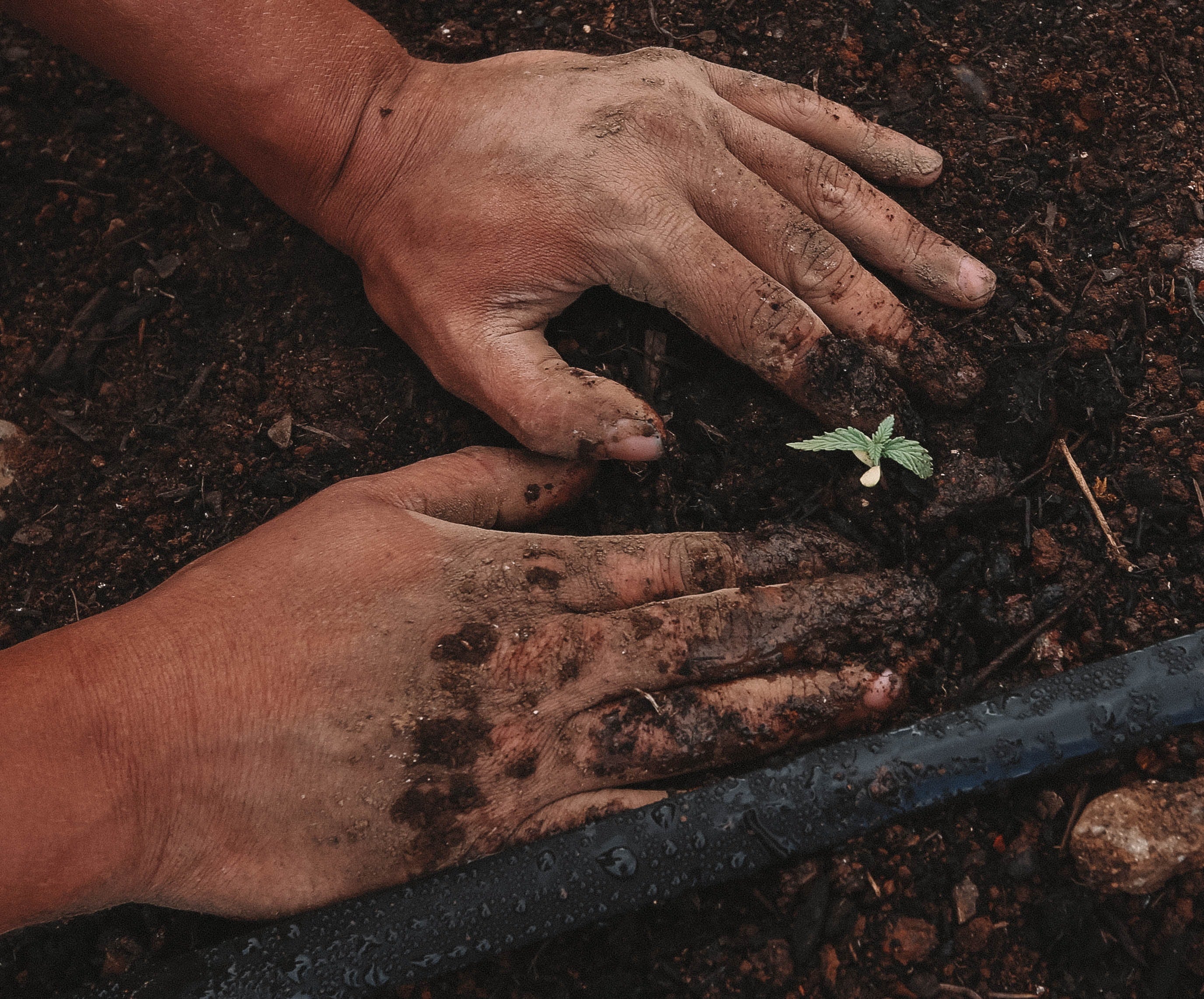In today's fast-paced and uncertain world, maintaining mental health is paramount. While various techniques and activities can help in achieving this, one often overlooked method is gardening. Beyond its aesthetic appeal and the joy of nurturing life, gardening, especially through the creation and maintenance of a survival garden, offers unique benefits that can significantly impact our mental well-being. In this article, we will explore the profound impact gardening has on mental health, highlighting how survival gardens can serve as an invaluable source of stress relief, both during crises and in times without crises.

-
Therapeutic: One of the fundamental ways gardening supports mental health is by fostering a profound connection with nature. Tending to plants, feeling the soil beneath our fingers, and witnessing the growth and transformation of our garden allows us to reconnect with the natural world. Studies have shown that spending time in nature reduces stress, anxiety, and depression, while improving mood and overall well-being. In the linked article, the National Library of Medicine explains much about the effects of stress on the mind and body at the molecular level. Gardening, whether through a traditional garden or a survival garden, provides an opportunity to escape the hustle and bustle of daily life, encouraging a meditative state and providing solace for the mind.
-
Sense of Purpose and Achievement: Creating and maintaining a survival garden offers a sense of purpose and achievement, both vital for our mental health. During crises, such as natural disasters or economic instability, survival gardens become a lifeline, ensuring a continuous supply of fresh food. We are motivated to educate and arm people with the right resources to start a survival garden; check out our batches of survival seeds to get your survival garden started on a great foundation for the seasons to come. The act of cultivating and growing our own sustenance empowers us, providing a sense of self-reliance, accomplishment, and control over our circumstances. This feeling of agency and accomplishment can extend beyond times of crisis, as tending to a survival garden instills a sense of responsibility and pride in nurturing life and providing for ourselves and our loved ones.
-
Stress Reduction and Mindfulness: Gardening, including the maintenance of a survival garden, has been shown to be an effective stress-relieving activity. Engaging in gardening tasks, such as weeding, planting, and harvesting, diverts our attention from stressors and demands of everyday life. It serves as a form of mindful meditation, allowing us to focus on the present moment and engage our senses fully. The rhythmic and repetitive nature of gardening tasks provides a calming effect, reducing anxiety and promoting a state of relaxation. The physical exertion involved also releases endorphins, further enhancing our mood and reducing stress levels.

-
Community Building and Social Support: Survival gardens, in particular, have the potential to foster community and social support networks. During times of crisis, the shared experience of food scarcity can bring people together, creating a sense of unity and collaboration. Survival gardening can be a communal effort, where neighbors, friends, and family members come together to grow food collectively. This not only enhances the quality and quantity of the harvest but also strengthens social connections, provides emotional support, and reduces feelings of isolation. Beyond crises, survival gardens can still promote community involvement through seed exchanges, gardening clubs, or workshops, further enriching our social interactions and overall well-being.
In a world marked by uncertainty and stress, gardening offers a powerful remedy for maintaining our mental health. By creating and maintaining a survival garden, we tap into a multitude of benefits that extend far beyond simply growing food. The therapeutic connection with nature, the sense of purpose and achievement, stress reduction, and the potential for community building are just a few ways in which gardening supports our mental well-being. Whether we face a crisis or not, cultivating a survival garden can provide solace, empowerment, and a renewed sense of resilience, strengthening our minds and nourishing our souls. So, grab your shovel, sow the seeds, and embark on a journey of self-discovery and mental rejuvenation through the art of survival gardening.











